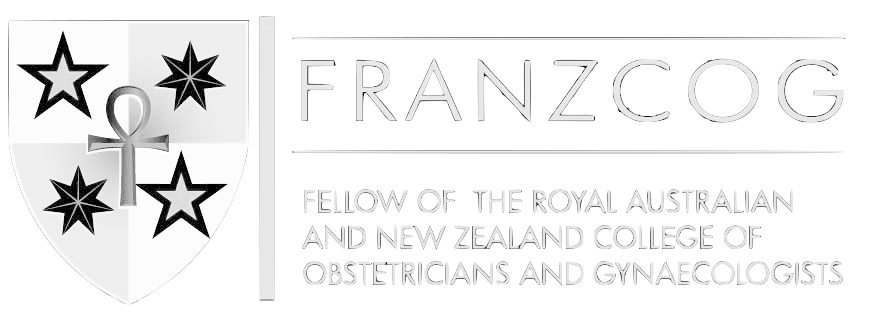Menstrual Irregularities
Abnormalities in the menstrual cycle of a woman is called as menstrual irregularities.
Types of Menstruation Irregularities
Various menstrual irregularities include:
- No menstrual periods until the age of 16 years or absence of menstrual periods for 3 consecutive months and is not pregnant - Amenorrhea
- Painful menstruation periods - Dysmenorrhea
- Excessive bleeding which lasts for 8 to 10 days - Menorrhagia
- Irregular menstrual periods or getting periods frequently - Oligomenorrhea
- Premature ovarian failure – Normal function of the ovary is stopped
- Non-cancerous tumours observed in women of childbearing potential - Uterine fibroids
- Endometriosis
Symptoms of Menstrual Disorders
Symptoms associated with menstrual disorders are:
- Irregular periods
- Lower back pain
- Sense of burning during urination
- Infertility (difficulty getting pregnant)
- Fever
- Abdominal cramps
- Unusual vaginal discharge
Cause of Menstrual Disorders
Hormones play an important role in regulating growth and other bodily functions.
At the onset of puberty, a mixture of female and male sex hormones is produced for sexual maturity. An imbalance in these hormones or increased production of male hormones can lead to hirsutism (high levels of the male sex hormone androgen) and menstrual disorders.
The recent increase in childhood and adolescent obesity is also a major factor that has led to the high incidence of hirsutism and menstrual disorders.
Other causes may include:
- Dysmenorrhea -may occur due to endometriosis (chronic condition where the uterine lining grows over the ovaries and bladder) or fibroids (noncancerous growth on the walls of the uterus), cyst in the ovaries and the use of intrauterine contraceptive devices (IUDs).
- Menorrhagia - may be caused due to uterine fibroids, problems in ovulation (release of fully developed ovarian cells), endometriosis, uterine polyps (small benign growth), cancer, severe infection, miscarriage or ectopic pregnancy (pregnancy outside the womb), certain medications and IUDs.
- Oligomenorrhea - may develop due to polycystic ovary syndrome (ovarian cysts), weight loss, endometriosis, stress and medications.
Treatments for Menstruation Disorders
Dr Alexander may prescribe hormone therapy or oral contraceptive pills to treat menstrual disorders.
Surgical procedures may include the removal of fibroids, cysts or tumors. Surgery may be recommended only in cases of severe menstrual disorders.







